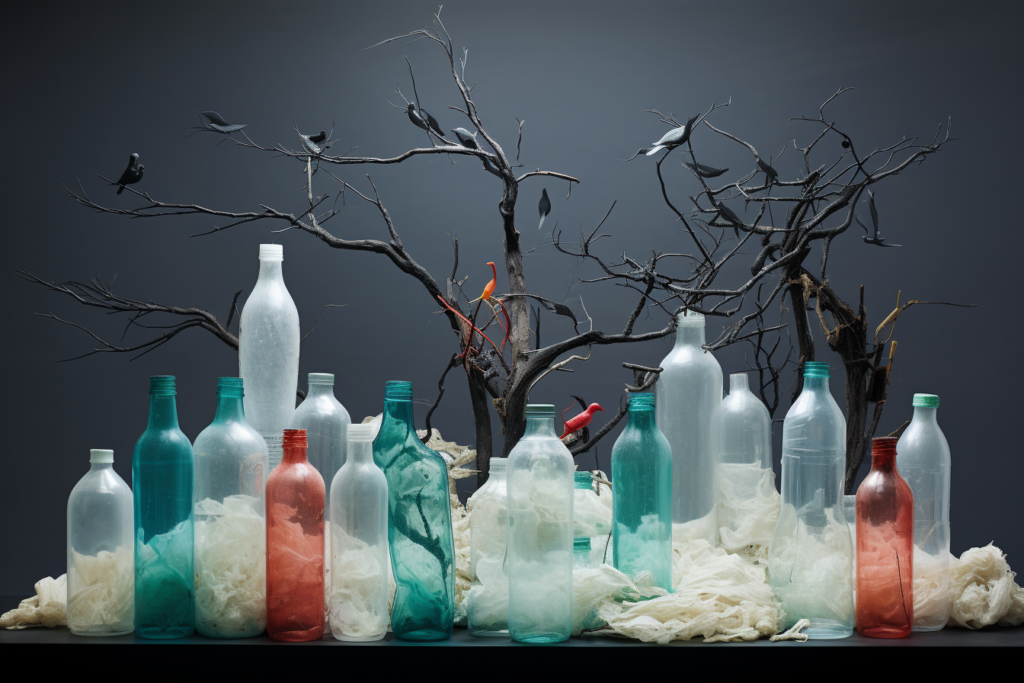

A glimpse at our plastic-wrapped future, perhaps?
This weekend’s Lex column was gloriously titled “Recycling: plastics are a bottle neck in the war on waste” – we all love a good pun and at Polestar we are no different. Over recent years we have worked with a number of businesses that use recycled plastics in their products as they have sought to become more sustainable and meet growing consumer demand.
The bottom line is that recycled plastic is currently more expensive that new plastic and also has higher CO2 usage than virgin plastic. Why? Because recycling technology is still a work in progress. That is why Lego is moving away from using recycled plastic in its bricks.
So, to quote Lex: has the world bottled out of the war on plastic? This war really gained momentum following David Attenborough’s Blue Planet II. There was public uproar, causing firms to promise to reduce plastics and encourage reuse, with the public, for its part, promising not to buy anything with plastic packaging. Well, as often happens, and to quote from Lex:
“We have not stopped using plastic. Quite the opposite. Consumption has quadrupled over the past 30 years, says the OECD, driven by packaging, consumer products and textiles. And we have not made much progress on recycling and reuse. More than 80 per cent of waste still escapes such efforts.
“The scarcity of recycled plastic is a problem for consumer goods companies, particularly those in highly exposed sectors such as beverages. Targets will be hard to reach. And limited capacity means recycled plastic trades at a 20-30 per cent premium to the virgin kind according to Barclays’ Sustainable & Thematic Research team.”

Lex goes on to say:
“There is a market opportunity. Recycling plastic is an environmental imperative. Reaching company targets will require an annual supply of 40mn tonnes of recycled resins, says McKinsey, for $100bn in investment. Better still, a scaled up recycling system could deliver plastic that is cheaper than new.
“The technology is improving. Mechanical recycling — which basically entails washing and then melting bottles — is cheap, producing plastics at half the cost of new. But it only works for a small number of polymers and requires high-quality feedstock. It will probably be surpassed by advanced recycling — breaking down plastics at the molecular level using chemicals, which also reduces the need for careful upstream sorting.
“That puts the spotlight on companies that are adding capacity. Norway’s Tomra, active in sourcing, and Agilyx, which develops recycling technologies, are cases in point. Chemicals groups such as Eastman are planning facilities, while engineering and construction companies such as Maire Tecnimont run their own.”
The sector is still in its infancy, but de-bottlenecking the plastic supply chain will uncork its own rewards.
